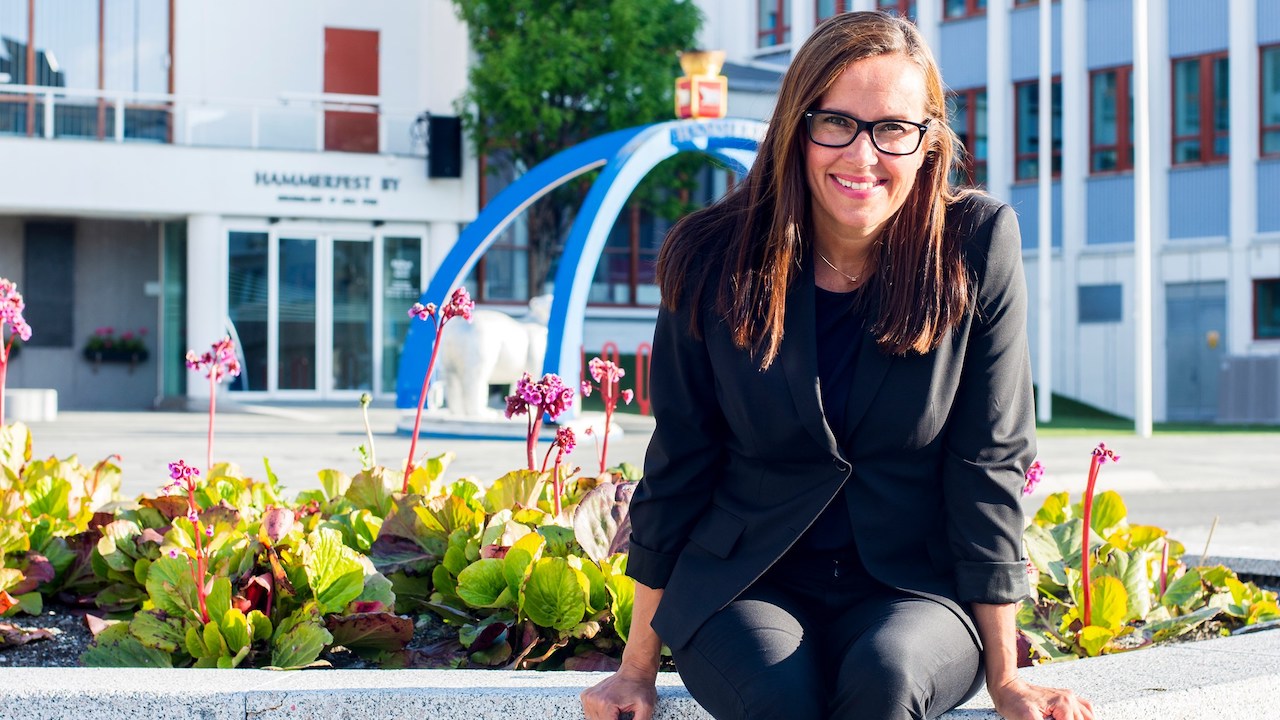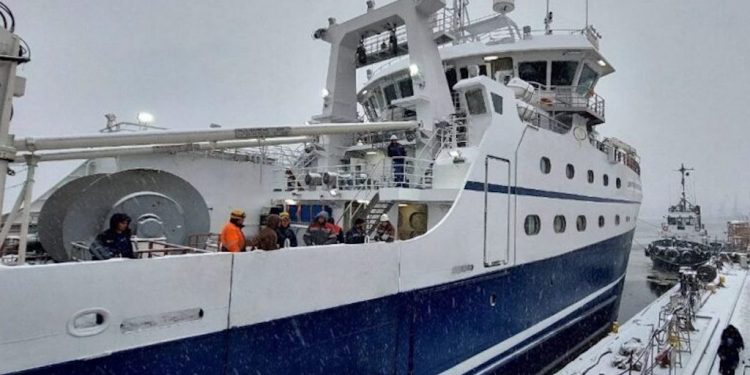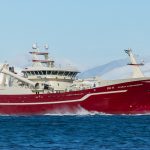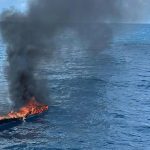The Norwegian authorities have announced stricter restrictions on how long and where Russian fishing vessels may dock in the ports of Tromsø, Båtsfjord and Kirkenes.

These are the only ports that remain partly open to Russian shipping. Police control activities will be strengthened in the three ports, with particular emphasis on an increased presence in Båtsfjord. The Customs Service is expected to co-operate and share information more closely with the police and the police security service.
‘It is a fundamental Norwegian interest to look after the fish stocks in the Barents Sea. It is important for employment and settlement in the north, and especially in Finnmark,’ said Fisheries and Oceans Minister Marianne Sivertsen Næss.
‘At the same time, we must ensure that no unwanted activity takes place in the three ports that are partially exempt from the extensive port ban we have along the coast. Now we will introduce new restrictions that take into account both sustainable management and better control in the ports.’
Time in port for Russian vessels was previously not restricted, but will now be limited to five working days, and there has to be a three-day period between leaving and re-entry. Russian vessels will also be more strictly restricted on which port areas that have access to, with a list of applicable terminals and quays.
Alongside sricter regulation and closer co-operation and information sharing between agencies, the Norwegian Armed Forces will continue to monitor all maritime activity and share information with other agencies.
‘We have closed all ports to Russian vessels, with the exception of three ports which are partially open to Russian fishing vessels. Control activity is already high, but the police and customs are now strengthening their control, and we are placing stricter requirements on Russian fishing vessels when staying in port,’ said Minister of Justice and Emergency Preparedness Emilie Enger Mehl.
This announcement comes in the wake of news that the European Union Anti-Fraud Office plans to investigate the practice of Norwegian producers purchasing Russian fish and exporting it duty-free to the EU.









